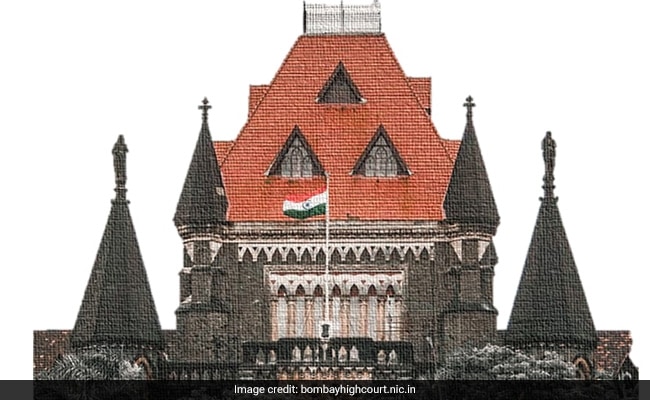
The petitioners then filed interim applications seeking a stay on notification of the FCU.
Mumbai:
The Bombay High Court on Monday refused to grant an interim stay on setting up a fact-checking unit (FCU) under the recently amended Information Technology (IT) Rules to identify fake and false content on social media against the government, noting that no grave and irreparable loss would be caused.
A single bench of Justice A S Chandurkar said no case was made out to direct the government to continue its earlier statement that it would not notify the FCU pending hearing of petitions against the IT Rules.
The order was passed on a bunch of applications filed by standup comedian Kunal Kamra and others seeking a stay on the notification of the FCU pending the final disposal of their pleas against the IT Rules.
The court said the balance of convenience tilts in favour of the government as Solicitor General Tushar Mehta has made a categorical submission that political opinions, satire and comedy are aspects not sought to be linked to the business of the Central government.
Notifying the FCU would not result in an irreversible situation as any action taken post the notification would always be subject to the final orders of this court on the validity of the IT Rules, the high court said.
“The situation, when pitted against the larger public interest, leads me to opine that grave and irreparable loss is not shown to result if the FCU is notified, warranting the passing of an interim direction of not notifying the FCU till the challenge to the Rules is finally decided,” Justice Chandurkar said.
The bench noted that the petitioners apprehend that that exchange of information in the form of political discourses or comments, political satire, and so on may be targeted if the FCU is notified.
However, the Solicitor General has said the FCU intends only to deal with government business in its strict sense, and it did not aim or attempt to prevent or muzzle political views, satire, sarcasm or political comments, it noted.
“At this prima facie stage, in my view, the stand taken by the non-applicant (Centre) allays the apprehension expressed by the applicants that under the garb of ‘Central Government business’, the FCU would prevent expression of political views or comments, sarcasm, political satire or dissent,” Justice Chandurkar said.
The pleas against the IT Rules were referred to Justice Chandurkar after a division bench of Justices Gautam Patel and Neela Gokhale delivered a split verdict in January.
While Justice Patel struck down the impugned Rules, terming them unconstitutional, Justice Gokhale upheld them and dismissed the petitions.
Justice Patel had said the Rules amount to censorship, but Justice Gokhale had opined they do not have any chilling effect on free speech.
The division bench had also differed on whether a stay should be granted on setting up the FCU pending a hearing on the pleas by the third judge.
Justice Patel had said the FCU should not be notified, and Justice Gokhale opined otherwise.
Justice Chandurkar on Monday said the interim applications would now be placed before the referral division bench of Justices Patel and Gokhale for orders on the same.
With Justice Chandurkar’s opinion, the Centre would get clearance to notify the FCU under the IT Rules.
Last year, the Centre gave an oral assurance to the court that it would not notify the FCU under the IT Rules until the final verdict was delivered on the issue.
However, after the division bench’s split verdict, Solicitor General Tushar Mehta submitted to the court that the oral assurance could be extended only until the third judge took up the matter for consideration.
The petitioners then filed interim applications seeking a stay on notification of the FCU.
On April 6, 2023, the Union government promulgated certain amendments to the Information Technology (Intermediary Guidelines and Digital Media Ethics Code) Rules, 2021, including a provision for an FCU to flag fake, false or misleading online content related to the government.
Under the IT Rules, if the FCU comes across or is informed about any posts that are fake, false, and contain misleading facts about the business of the government, it would flag off the same to social media intermediaries.
Once such a post is flagged off, the intermediary has the option of either taking down the post or putting a disclaimer on the same.
In taking the second option, the intermediary loses its safe harbour/immunity and stands liable for legal action.
(Except for the headline, this story has not been edited by NDTV staff and is published from a syndicated feed.)




